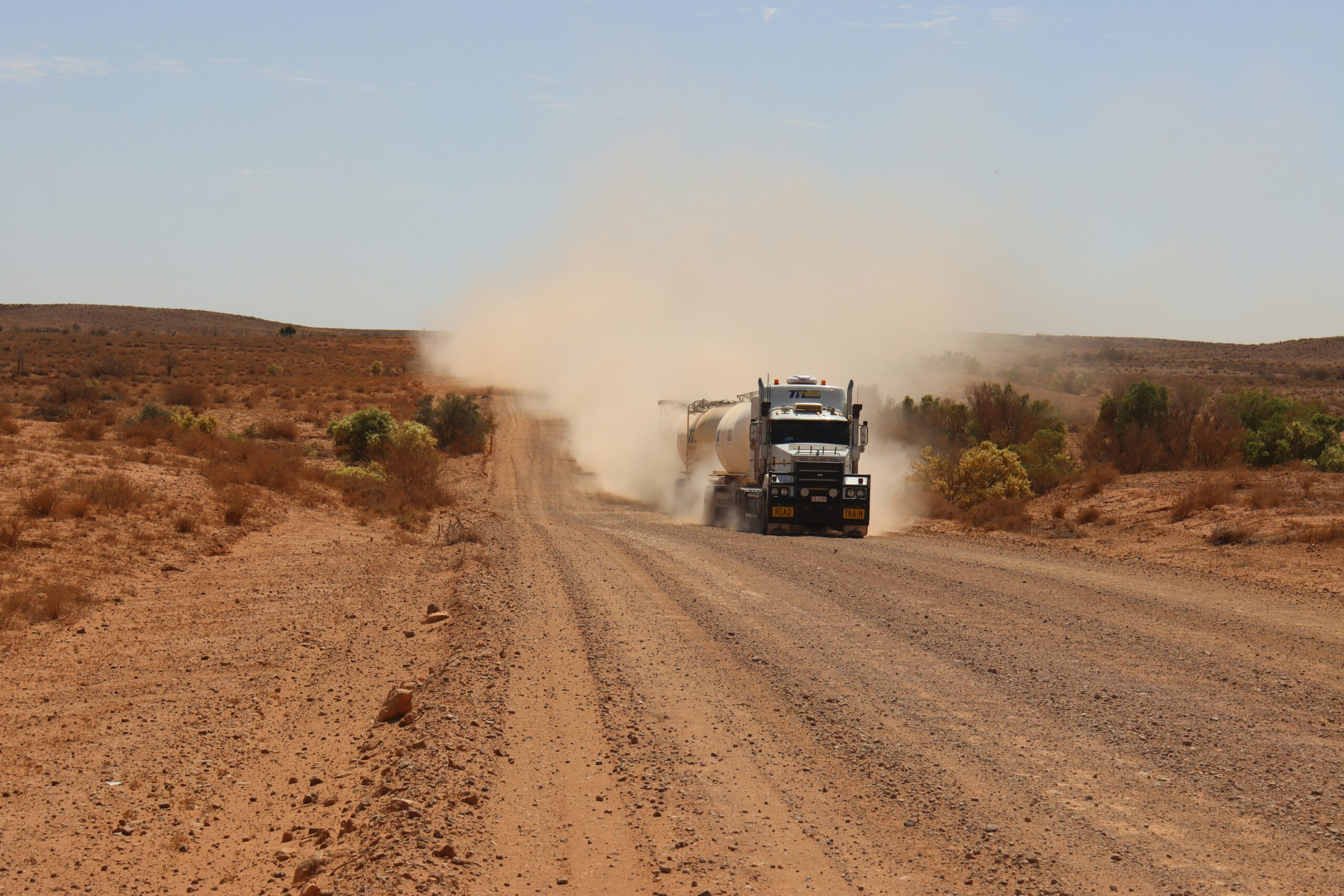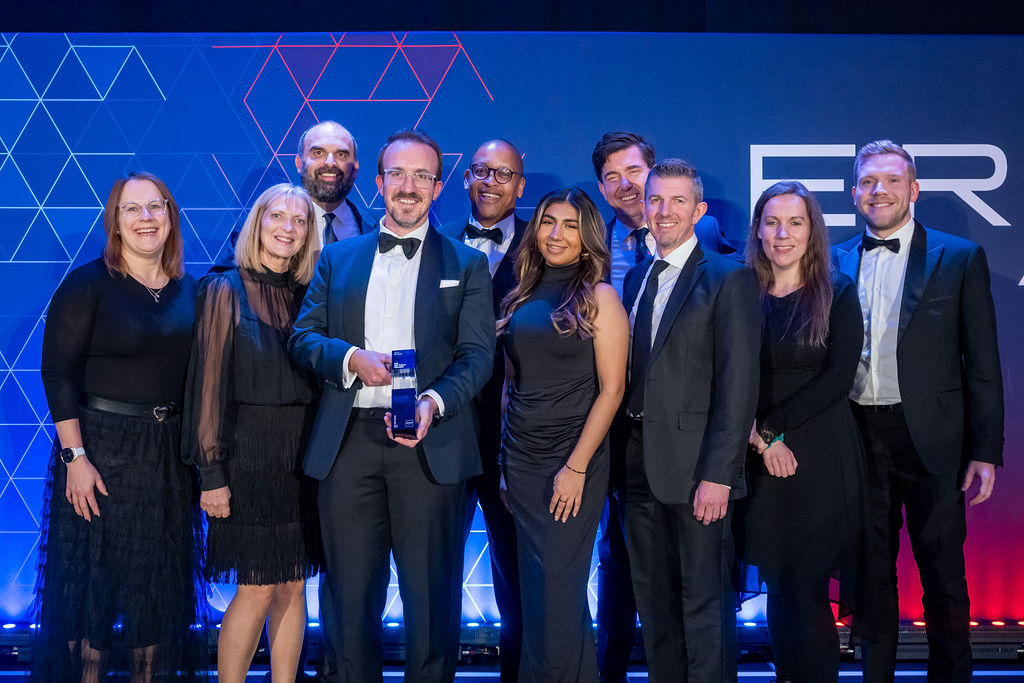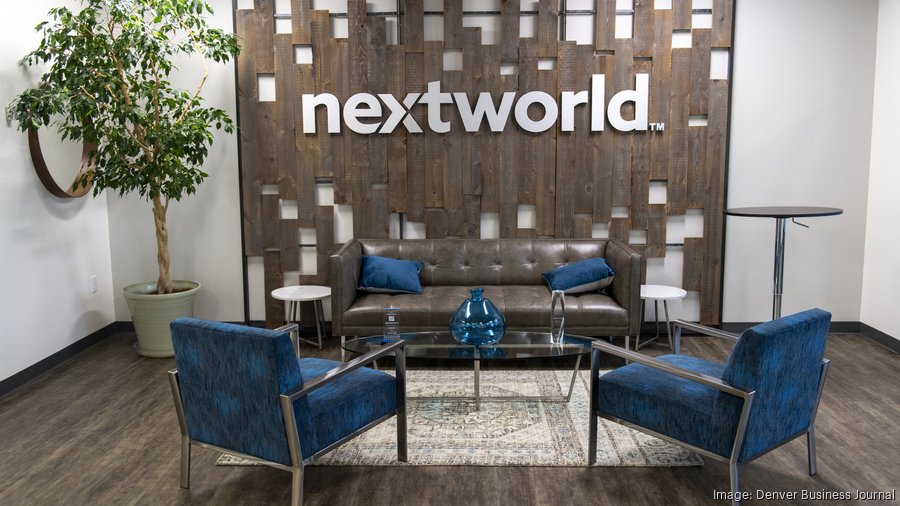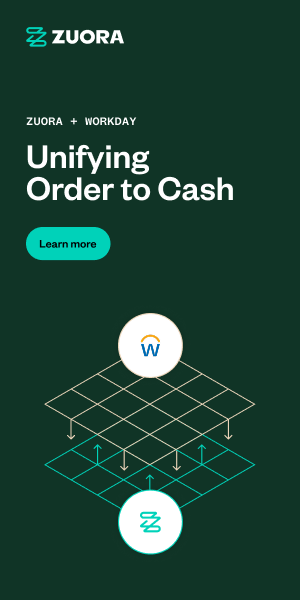What do companies want these days? Operating better, faster and more consciously.
From smaller businesses to big conglomerates, priorities are being aligned to increase capacity and become “more sustainable and safer for people,” Vale’s Alexandre Pigatti, head of AI and data democratization, says when it comes to the company’s direction.
Vale is one of the world’s largest mining companies, present in approximately 30 countries around the world with the multinational corporation specializing in the mining and production of commodities such as nickel, coal, copper and iron ore, among others.
While we keep hearing about AI’s imperfections and considerations, there is another story that businesses are sharing about enterprise-grade AI. Take RPA vendor Automation Anywhere (AA), which is focusing its energy on companies that seek help with transforming the customer experience for issues like speed of pre-approval procedures, processing of healthcare claims and specialist doctor referrals. For many industries, Automation Anywhere CEO, Mihir Shukla, tells ERP Today, it is not just about “what you can do better, faster, cheaper, it is [also about] doing things that you could never do before.”
Automating previously manual operations can lead companies to more innovations in addition to conducting safer operations and continuing with processes when conditions are not safe for workers.
For instance, focusing on autonomous work in its Brucutu mine, in eastern Brazil, Vale has built a fleet of autonomous trucks able to go to load and offload locations without any humans behind the wheel.
In unfavorable weather conditions, especially the common case of fog, people cannot operate the trucks due to safety reasons. The problem is that pausing operations due to challenging conditions leads to delays, lost productivity and disruption.
Vale uses AI solutions to predict when fog will appear, with Pigatti explaining that “instead of sending humans to the operation to do maintenance work, we send autonomous trucks. And everything that makes our operations safer, we are very much interested in.”
With the same goal of working safely and more sustainably, as well as in a more standardized way, Vale started its collaboration with Automation Anywhere in 2018, with the establishment of its Centre of Excellence (CoE) in robotic process automation, with a global presence in Brazil, Canada, China and Switzerland.
A particular challenge that the company recently came across as a blocker of growth is that as part of Vale’s strategic direction, the multi-year planning of ore purchase was foreseeing a two-fold increase in purchase volume in the coming years, marking a significant test for the current team.
For this reason, the iron ore purchasing area responsible for composing batches for sale began collaborating with Vale’s CoE to facilitate cost reductions and increased operational efficiency through RPA, along with greater flexibility, traceability and transparency.
One significant benefit that came out of this collaboration was the automation of the process of updating ore purchase prices for each contract signed between Vale and its suppliers, according to market variations, which enabled the business to move faster and future volumes to increase.
When it comes to smoothing out the scheduling differences amid operating in international markets like Oman, for example, with a typical working week being Sunday through Thursday, the AA collaboration played a key role.
Before Automation Anywhere, the Vale team needed a human to be there and take the price of iron ore every day, input it in the SAP system and then another person to validate what the first person did. Amid a lack of shift overlap on Sundays, sometimes the team would wait on transactions until the second person arrived on Monday to validate the price, resulting in significant delays.
“With Automation Anywhere, we did it and we trust the software bot because it doesn’t commit mistakes, it doesn’t get tired and we could run including Sundays – which are useful days in Oman,” Pigatti says.
By leveraging AA’s Autopilot, the company was also able to rapidly identify and submit automation opportunities directly from Process Discovery to the CoE Manager with the required details to speed up the review and approval process.
Automation with Gen AI also played a crucial role as it helped maximize ROI by prioritizing opportunities and delivering the highest business impact, easily assigning developers and automating the creation process.
AI in banking
In a similar case of the possibilities of AI and RPA, PNC Bank shared during AA’s conference in Austin, Texas, that in the case of bank loan applications, banks are often fighting against competitors to win massive businesses like Tesla’s where the stakes are extremely high. While the usual pre-approval time for just one loan is between six and eight hours, with multiple often accumulating, the bank has successfully incorporated AA’s solutions along the automation workflow to solve it and deal with the complex unstructured documents.
In another critical and understaffed industry as healthcare, the combination of AI and automation is helping practitioners and patients get better outcomes, “especially in America, where so much money is put in healthcare, but outcomes are not the best,” Adi Kuruganti, CPO of Automation Anywhere, tells ERP Today at a sit down interview.
With an elaborate insurance side as part of the healthcare system, which sometimes leaves patients out of pocket, AA is focusing on the very long processes surrounding claims management which often see a lot of back and forth between providers and sometimes manual, outdated systems.
“That’s where a lot of heavy documentation and unstructured documents are. So again, using a combination of document automation and automation/ GenAI, those are the two big areas we focus on within healthcare.”
And while existing challenges can be seen evolving, the solutions available are also not stagnant and moving fast, like the processing of an unstructured contract with AI/ ML models which used to take about nine months to build. Now, the timelines are a lot shorter, usually involving a two or three-week proof of concept (POC) which ends up reaching an 85 percent accuracy as a standard, Kuruganti says.
“The barriers to solutions are now getting lower for certain uses, specifically around documents. And then with AI agents, we’re expanding it so now you can build your own. You still need the same guardrails and human in the loop but now you can use the power of AI to solve some of the problems you already have. It’s not like every business always has new problems, the problems already exist,” he explains.
With Vale currently having about 3000 active tasks in production environments, resulting in approximately 121,623 hours saved annually, the race to productivity is far from over for businesses… And automation + AI might just be part of what gets us there.





